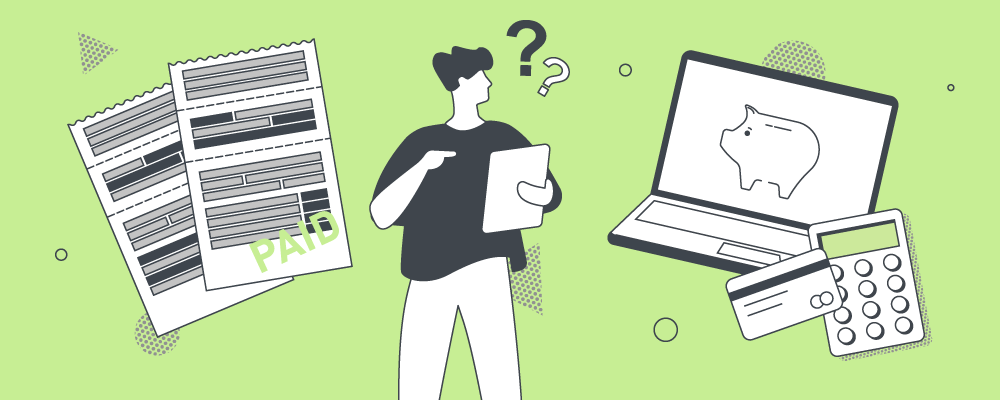
Key Takeaways
- Specialisation in New Builds: If you’re buying a new build, choose a solicitor who specializes in new builds to ensure a smooth and fast process.
- Fee Structure: Understand the solicitor’s fees, including a full breakdown of costs and any additional charges.
- Required Documents: Know what documents and details you need to provide as a buyer or seller to avoid delays.
- Main Point of Contact: Clarify who will be your main point of contact throughout the process.
- Availability: Check if the solicitor has any planned holidays that might affect your transaction.
- Process Overview: Understand the overall process and timeline for your property transaction.
Your property solicitor will guide you through the conveyancing process, but knowing what to ask them may help you feel more prepared. To help you understand what’s happening with your property transaction, we’ve compiled the key questions to ask a solicitor when buying a house.
Key questions to ask before you hire a solicitor
• Check what they specialise in: If you’re buying a new build property, choose a solicitor who specialises in new builds or has experience in this area.
• Confirm their fee structure: Understand the solicitor’s fees, including a full breakdown of costs and additional charges.
• Query required documents: Know what documents and details you need to avoid delays.
• Request a timeline: Understand the overall process and timeline for your property transaction.
• Confirm your main point of contact: Clarify who you will be in touch with throughout the process.
What is a conveyancing solicitor?
A conveyancing solicitor is a legal professional who specialises in property law. They handle all the legal work when you buy or sell a home.
What are the fees and costs?

Solicitor fees for buying a house vary due to different pricing models. Most experienced conveyancing solicitors will include everything in their cost breakdown, but it’s always worth double-checking.
How much will a solicitor charge?
Most solicitors offer fixed-fee packages or charge by the hour. The amount typically depends on the value of your property and the complexity of the purchase. Don’t forget to check if their quote is a fixed fee or just an estimate.
What’s included in a solicitor’s fee?
Clarify exactly what services are covered in their basic fee and what might be considered extra. Request a detailed breakdown of the costs, including solicitor expertise and any additional fees.
What other costs could there be?
Additional costs could include the following:
• Land registry fees.
• Search fees to check for issues affecting the property.
• Bank transfer fees for moving large sums of money.
• ID checks and anti-money laundering verification.
Is there anything to pay upfront?
You’ll typically pay your solicitor in stages throughout the process, but some request an initial deposit to secure their services.
What will I have to pay if the sale falls through?
If your sale falls through, you’ll likely still be responsible for paying for work that has already been completed. Some solicitors offer ‘no move, no fee’ deals, while others charge for time spent regardless of the outcome.
What is my solicitor’s experience or expertise?
When choosing a solicitor, their experience with your type of property matters. If you’re buying a new build, look for a specialist who understands the unique challenges involved.
Do they have experience with similar properties?
Different properties come with varying legal challenges. Ask potential solicitors about their specific experience, including questions like:
• Have they handled properties like yours before?
• Can they share examples of similar cases they’ve completed?
• Do they understand the common issues that arise with your property type?
Who will be handling my case?
Many conveyancing firms operate in teams, so clarify who your main point of contact will be. Don’t forget to ask who to contact if that person is unavailable.
How does the conveyancing process work?
Don’t be afraid to ask what may seem like obvious questions. Request a step-by-step overview, from initial instruction through to completion, so you have a clear idea of the process.
What are the key responsibilities of a conveyancer?
A conveyancer handles the legal paperwork, property searches, contract reviews and fund transfers. Ask them to explain how they deal with these aspects, and clarify what they’ll manage and what you’ll need to handle.
How long does conveyancing typically take?
Ask for realistic timeframes based on your circumstances. For most properties, the process typically takes between 8 and 12 weeks, while new builds can be quicker. Discuss factors that might extend your timeline, such as property chains or search delays.
How often will my solicitor contact me?
Clarify communication expectations by asking how regularly they provide updates and whether they contact clients only when needed or send regular progress reports.
What do I need to provide?
Request a checklist of documents you’ll need to provide, including identification, proof of address, mortgage details and deposit evidence.
Additional questions
You could also ask the following:
• Are you regulated by the Solicitors Regulation Authority or the Council for Licensed Conveyancers?
• How do you handle issues found during searches or legal investigations?
• What’s your approach to communicating with estate agents and other solicitors?
Explore our range of brand-new homes across the UK, with fantastic offers to help you move.
Call or visit our Sales Advisors to kickstart your homebuying journey.


